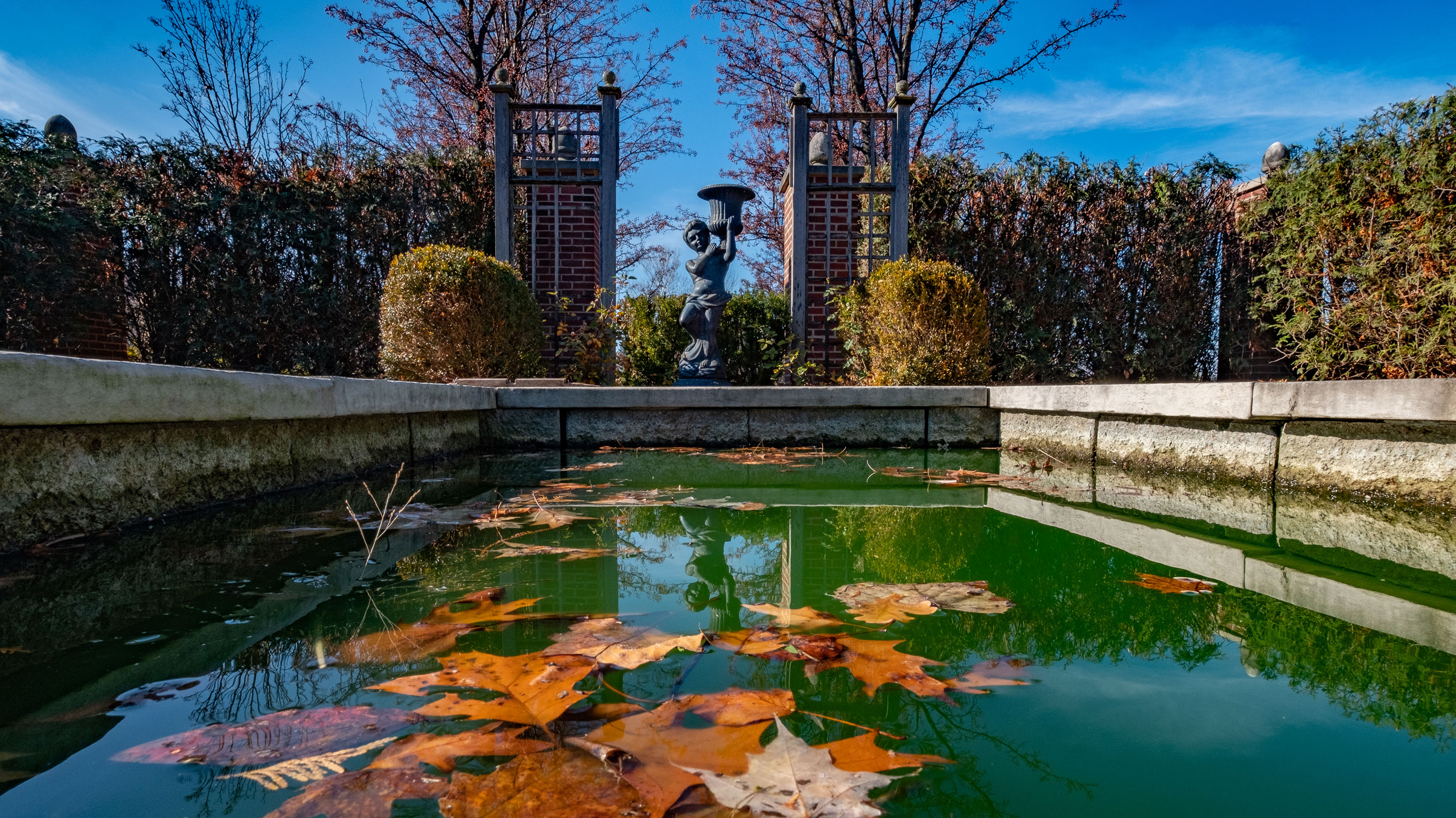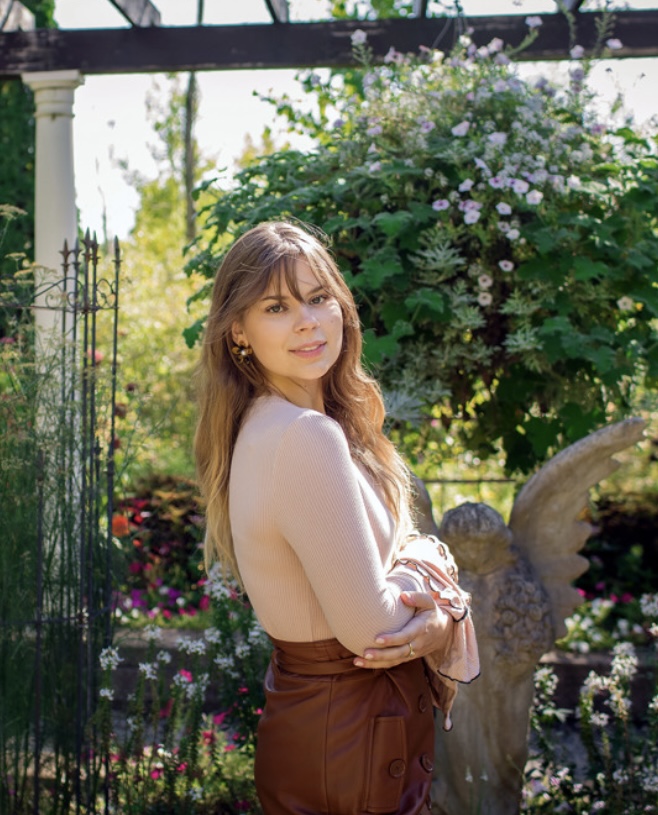MSU’s green spaces are shown to foster mindfulness, inclusivity and deeper connections with nature. From research on nature and well-being to student experiences, this list of stories highlights the powerful impact of nature on mental and social well-being at Michigan State University.
New MSU research shows gardening improves mental, social well-being
MSU recently published research led by Katherine Alaimo, revealing that community gardening significantly enhances mental and social well-being by fostering connection with nature, instilling a sense of accomplishment and promoting social bonds. The study highlights participating in community gardening bolsters mental and social well-being through caring for plants, connecting to nature and feeling a sense of accomplishment.
Well-being in the garden
For over 150 years, the W.J. Beal Botanical Garden has provided a serene space for visitors to connect with nature and improve their well-being. Through programs like fresh air fitness, rooting station, restore your roots and many more. The garden fosters mental and physical health, encouraging mindfulness, inclusivity, and deeper connection between people and nature.
Ask the expert: how nature benefits our well-being
Beal Botanical Garden, which recently celebrated its 150th anniversary, also offers a variety of programs and activates that enhance mental and physical well-being by promoting connections with nature. Visitors can enjoy guided tours, mindfulness exercises, and events like yoga and outdoor films, all in a serene environment designed for relaxational and reflection. Katie Fry, collections manager at the Beal Botanical Garden, discusses how a visit to Beal Botanical Garden can positively affect people’s physical and mental health.
Ask the expert: Can nature-based interventions positively impact the mental health of students of color?
Amber Pearson, an associate professor at MSU, is leading the Nature IDEAS study, which examines how time spent in green spaces affect the mental health of university students, particularly students of color. The study aims to understand feelings of belonging in nature and uses geospatial analysis to measure exposure to nature, with a focus on making outdoor spaces more inclusive and welcoming for everybody.
Student view: Learning from nature
Beal Botanical Garden serves many purposes for Spartans and our campus. Living laboratory, picturesque sanctuary, green getaway, etc. The garden is ever adapting to the needs of its students, nourishing the minds of those who enter.




